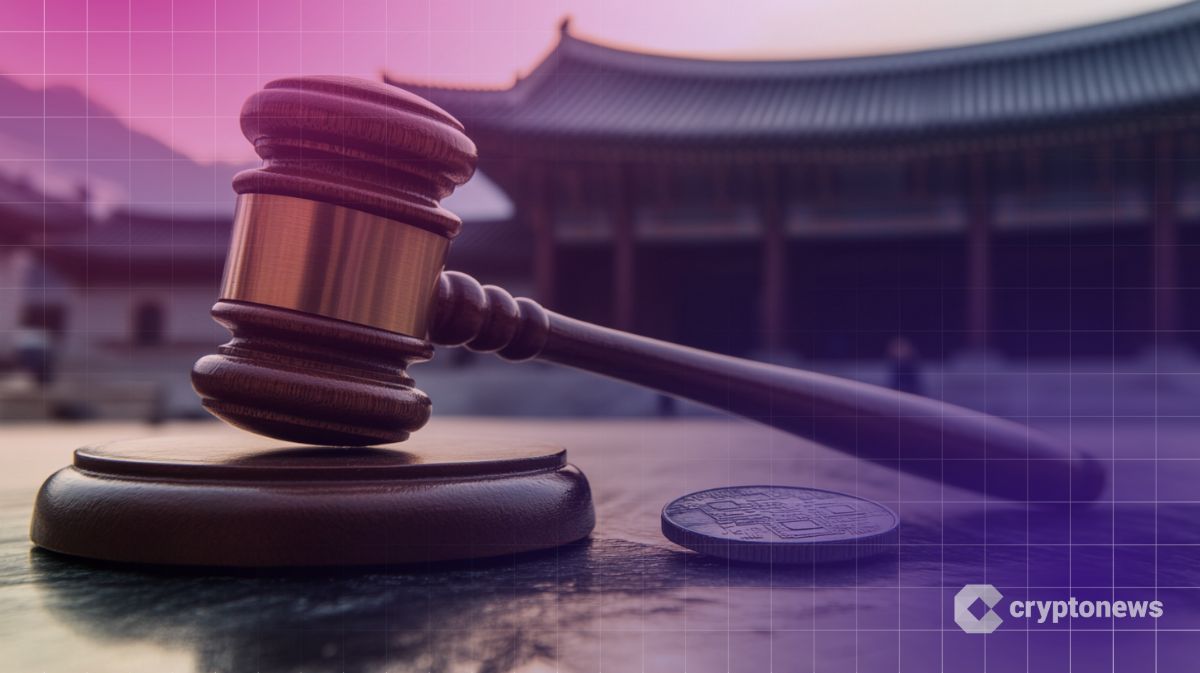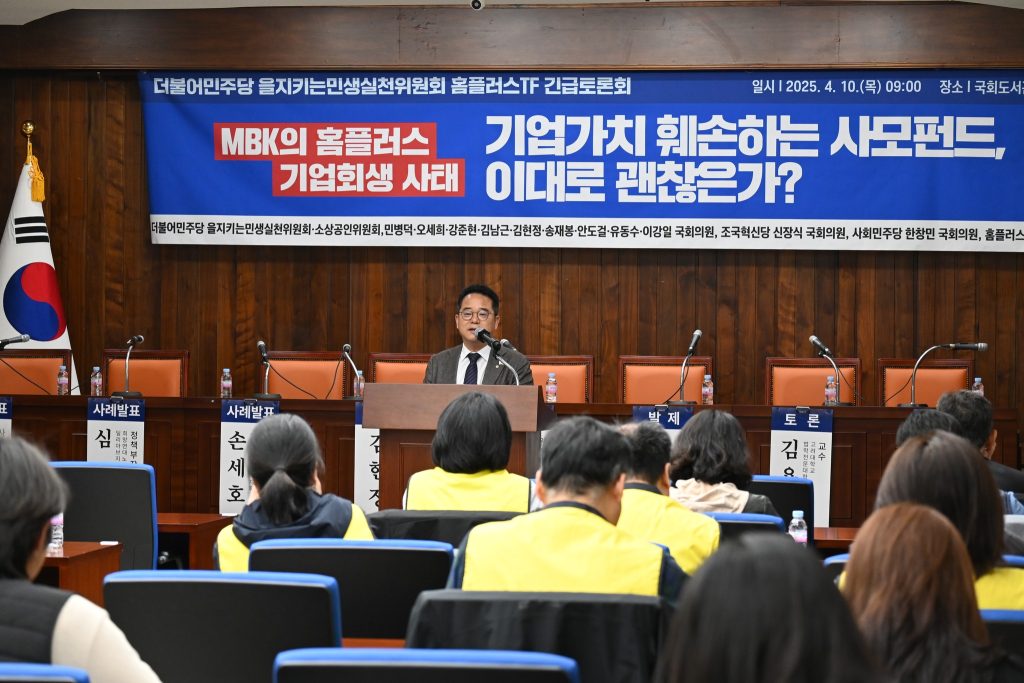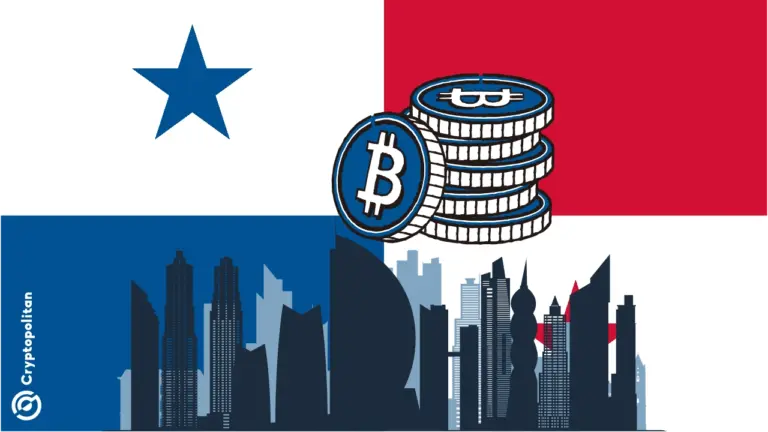South Korean Crypto Industry Smarts at Stablecoin Regulation Plans
Insiders claim that new draft bill unfairly discriminates against domestic firms

South Korean crypto industry insiders have expressed dismay at lawmakers’ plans to police the stablecoin industry, calling proposals “unfair.”
Per Hanguk Kyungjae , several South Korean crypto industry officials, all speaking under condition of anonymity, have spoken out against the proposed Basic Digital Asset Act (literal translation).
South Korean Crypto Industry Unimpressed by Bill
The draft law is a private member’s bill, and has been proposed by the lawmaker Min Byung-deok , a member of the Democratic Party.
 Democratic Party lawmaker Min Byoung-dug speaking at a political event. (Source: ByoungDug Min/Facebook)
Democratic Party lawmaker Min Byoung-dug speaking at a political event. (Source: ByoungDug Min/Facebook)
The party is the largest in South Korea’s National Assembly, although its biggest rival, the People Power Party, remains in government ahead of June’s Presidential Elections.
The bill includes several provisions related to the crypto industry. But possibly the most controversial of these pertains to domestic stablecoin issuance.
If passed in its current form, it requires would-be South Korean stablecoin issuers to seek prior approval from the regulatory Financial Services Commission.
Industry officials told the media outlet they were concerned about the “fairness and effectiveness” of the bill.
Min is slated to launch the bill in the National Assembly next month.
Stablecoin Uncertainty?
The bill reportedly contains several clauses that cover issuance and distribution protocols for both stablecoins and cryptoassets.
The draft law also seeks to impose disclosure protocols on stablecoin issuers. These would oblige force stablecoin firms to demonstrate evidence that they hold cash or other assets equivalent to the number of tokens they issue.
Min’s law also proposes the launch of a self-regulatory body to police stablecoins and cryptoassets in South Korea.
Critics said it would be “unfair” to saddle domestic companies with regulations, while overseas firms can continue “operating unhindered.” One unnamed crypto industry insider said:
“Dollar-pegged stablecoins such as Tether (USDT) are not subject to domestic regulations. But they are actively traded on domestic crypto exchanges . That is unfair [on South Korean companies]. Regulations should be designed in a way that provides opportunities rather than stifles the industry.”
‘MiCA Not a Relevant Benchmark for South Korea’
Another industry insider claimed that Min’s bill appears to have used the European Union’s MiCA regulations as a reference point.
 The market cap of the stablecoin USDT over the past month. (Source: CoinMarketCap)
The market cap of the stablecoin USDT over the past month. (Source: CoinMarketCap)
But, the same individual said, in South Korea, the stablecoin market “is effectively limited to the USDT market.” The insider said:
“Rather than simply transplanting overseas cases, we need a step-by-step system design that takes domestic realities into account. Stablecoins also need a realistic institutionalization strategy. This is not an issue that can be resolved over the course of a few meetings.”
Disclaimer: The content of this article solely reflects the author's opinion and does not represent the platform in any capacity. This article is not intended to serve as a reference for making investment decisions.
You may also like
Ripple XRP vs.SEC Legal Case to Close Soon
Bitcoin Sets Higher Lows—Can Bulls Target $88K Resistance?

Solana Faces 50% Drop Risk as $125–$137 Range Holds the Key Amid Market Volatility

Panama City Council makes history as the first government institution accepting crypto payments
Share link:In this post: Panama City council voted in favor of becoming the first public institution of government to accept payments in cryptocurrencies. Citizens will now be able to pay taxes, fees, tickets and permits entirely in crypto starting with BTC, ETH, USDC, and USDT. The city partnered with a bank that will receive crypto payments and convert them on the spot to U.S. dollars, allowing for the free flow of crypto in the entire economy.

